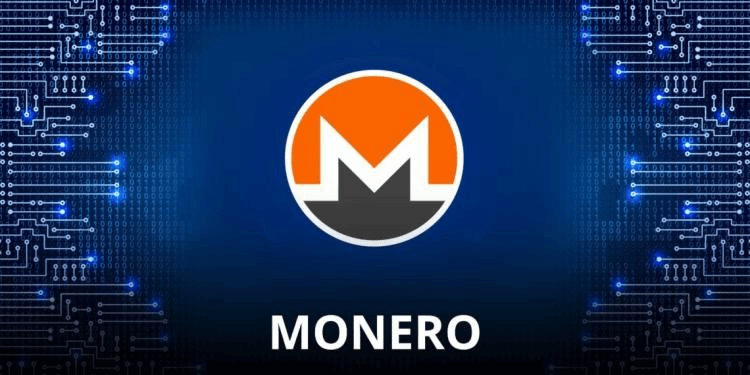The main idea of Bitcoin is to create a decentralized digital currency that operates independently of traditional financial institutions and central authorities, such as governments and banks. Bitcoin was conceived as a response to the flaws and limitations of the existing financial system, and its primary objectives are:
- Decentralization: Bitcoin’s core idea is to eliminate the need for a central authority, like a central bank, to issue and control a currency. Instead, it relies on a decentralized network of computers (nodes) to validate and record transactions on a public ledger called the blockchain.
- Digital Currency: Bitcoin is a purely digital currency, meaning it exists only in electronic form. It is not tied to physical assets like gold or government-issued paper money. This digital nature allows for global accessibility and transferability.
- Security and Trust: Bitcoin uses cryptographic techniques to secure transactions and control the creation of new units. Trust is placed in the mathematical and algorithmic integrity of the system, rather than in a central authority.
- Scarce Supply: Bitcoin is designed to have a limited supply, with a maximum of 21 million bitcoins that can ever be created. This scarcity is programmed into the system and is intended to combat inflation and provide a store of value.
- Ownership and Control: Bitcoin allows individuals to have full ownership and control over their funds. Users hold private keys that enable them to access and manage their bitcoin holdings. This concept of self-custody gives users greater financial autonomy.
- Pseudonymity: While Bitcoin transactions are recorded on a public ledger, they are pseudonymous, meaning users are represented by cryptographic addresses rather than real names. This provides a degree of privacy but also raises concerns about traceability.
- Borderless and Global: Bitcoin transcends national borders and can be used for international transactions without the need for currency conversion or intermediaries. It operates 24/7, providing accessibility to users around the world.
- Innovation and Development: Bitcoin has served as a catalyst for innovation in the broader blockchain and cryptocurrency space. It has inspired the creation of thousands of other digital assets and blockchain projects.
- Financial Inclusion: Bitcoin has the potential to provide financial services to the unbanked and underbanked populations who lack access to traditional banking systems.
- Store of Value: Some proponents view Bitcoin as a digital store of value, akin to digital gold, that can serve as a hedge against inflation and economic instability.
Bitcoin’s main idea challenges the traditional financial system and seeks to offer a decentralized, secure, and borderless means of transferring value and storing wealth. It has sparked significant interest and debate since its inception in 2009, and its impact on the financial industry and broader society continues to evolve.

